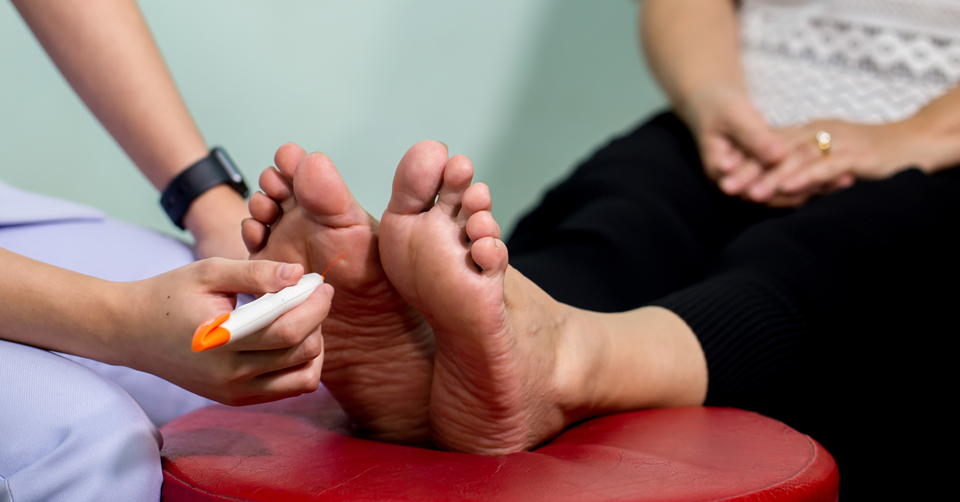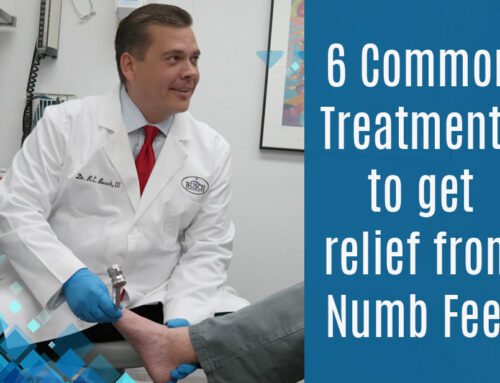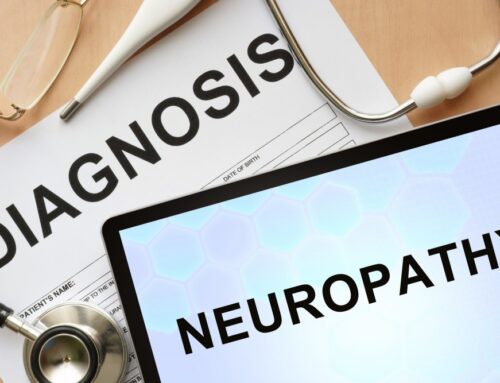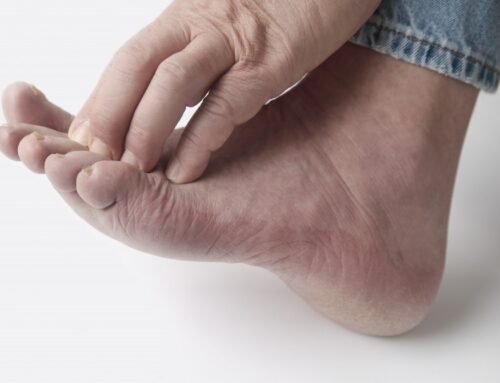More than 20 million people in the United States have some form of peripheral neuropathy. The one thing that this large group of conditions has in common is that they all affect the body’s nerves.
In most cases, the ability to feel pain is replaced with a numbing, tingling sensation. You may also not feel or notice cuts or injuries until they become severe and infected.
The symptoms of neuropathy can go unnoticed for years, which causes the condition to get worse. The sensations it causes become unbearable and life-altering in later stages.
Read on to learn the early signs of neuropathy you can use to identify the condition and begin treatment as soon as possible.
Defining Neuropathy
The peripheral nervous system is a complex system of nerves that go out from the central nervous system. Peripheral neuropathy occurs when its cells, called neurons, become damaged and can’t send the necessary signals throughout the body.
The condition is most common in the sensory nerves that give you sensations such as pain. It typically begins in the feet and legs and may move to the arms and hands. It can also affect autonomic nerves that control unconscious functions like heart rate and motor nerves that control the muscles.
Over 30% of patients with diabetes develop diabetic neuropathy due to high blood sugar levels. Diabetes is the most common risk factor, but other risk factors include:
- Chemotherapy
- High blood pressure or cholesterol
- Trauma
- Infection
- Obesity
- Alcoholism
- Autoimmune diseases
- Kidney or liver disease
- Hypothyroidism
- Vitamin B deficiency
Early Signs of Neuropathy
Some of the most common early signs of neuropathy include:
- pins and needles sensation or numb feet
- burning pain in the feet or legs
- sensitivity to temperature
- sensitivity to touch
- weakness in arms or legs
- loss of balance/difficulty walking
- restless leg syndrome
- cramping in the feet
Many neuropathy symptoms begin in the feet. They may become numb or develop a tingling sensation due to nerve damage. You may have trouble balancing or staying steady due to problems with the motor nerves.
You may notice strange sensations in other parts of your body as well. These signs of neuropathy resemble pins and needles or an electric shock. Itchiness and increased sensitivity to temperature could also be early signs of neuropathy.
Neuropathy can affect your ability to feel pain and it also slows down your circulation and immune system. You won’t be able to feel cuts or injuries early enough to care for them. They won’t heal correctly and are more likely to get infected.
Ignoring the early signs of neuropathy causes the condition to progress. The symptoms become more frequent and can affect your ability to do daily tasks such as walking or driving.
Neuropathy Treatment
Noticing these early signs of neuropathy allows you to get help as soon as possible before symptoms become worse and untreatable.
At Busch Chiropractic in Fort Wayne, our Neuropathy Treatment Protocol has helped patients suffering from some of the early signs of neuropathy including numb feet. Our neuropathy treatment is drug-free, safe, non-surgical, and can provide relief from your neuropathy symptoms.
The Busch Neuropathy Treatment Protocol developed by Dr. Busch is a customized treatment plan based on each patient’s symptoms and is designed to increase circulation to the damaged nerves to stimulate nerve cell regeneration.
If you’re suffering from any of these early signs of neuropathy, seek help immediately. Give Busch Chiropractic a call today to learn more about our neuropathy treatment.
Call (260) 471-4090 or visit
Busch Chiropractic
5005 Riviera Dr.
Fort Wayne, IN 46825





